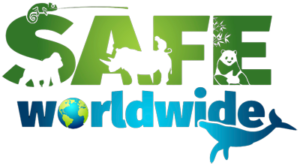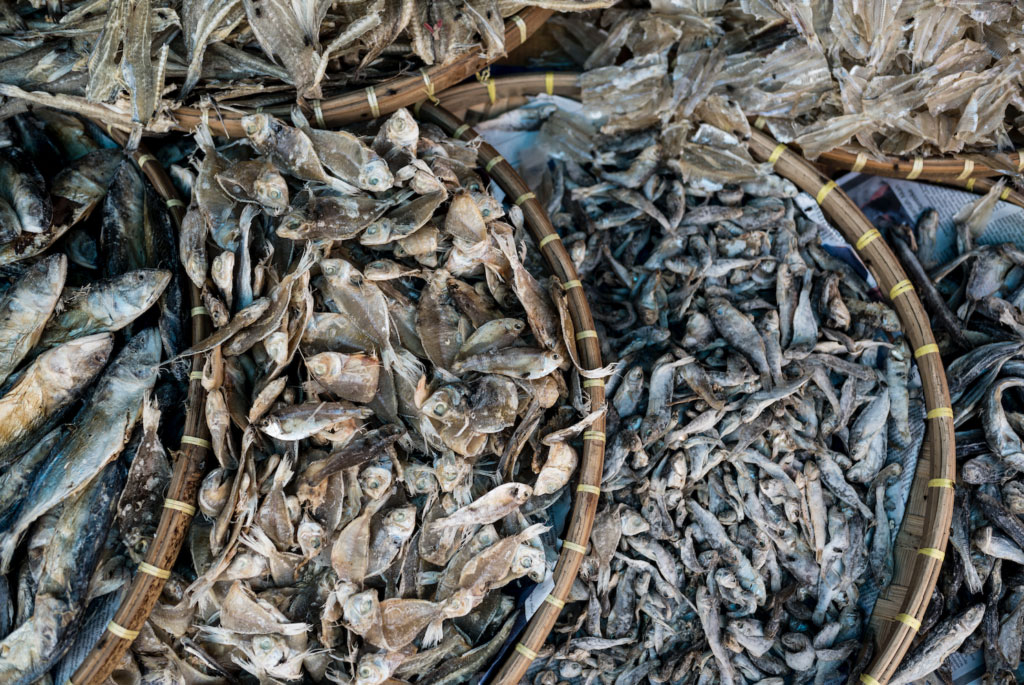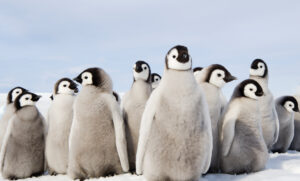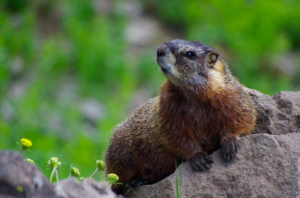The consequences of poaching extend across the lines of moral, environmental, and human rights issues. It is an issue that is immensely complex to solve as it stretches to every corner of the planet, including the ocean. Illegal capture and killing of fish is one of the biggest forms of poaching in the world, and the biggest threat to oceanic ecosystems. This scary fact is that more fish are killed per day by the commercial fishing industry, than were killed in months by the Deep Water Horizon Oil Spill[1].
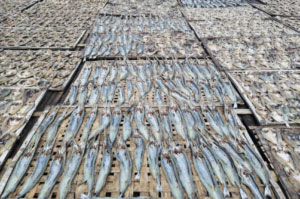
Bycatch
One of the main culprits for the devastating impact the fishing industry has on fish populations is bycatch. Bycatch occurs when animals get caught in nets, even when they aren’t the intended catch. This is made easy by the massive (the size of several football fields) trawling nets that are tagged across the bottom of the ocean floor. It is estimated that 40% of the marine life caught in these nets is thrown back overboard as bycatch as they are not the intended catch [1]. However, the process can be devastating to the animals thrown back and many of them die. An estimated 50 million sharks[2] and 300,000 dolphins, whales, and porpoises are killed each year after being victim to bycatch [3]. You can read more about the logistics of how bycatch affects whales on the Safe Worldwide website in the article “Death from Bycatch is the Whales Biggest Threat.”
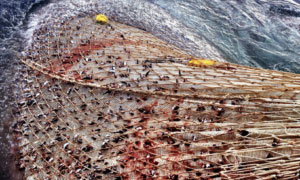
Empty oceans are bad for everyone
The bleak reality is that overfishing leads to a future of empty oceans. Marine conservation biologist Boris Worm[4] projected that by 2050, 90% of commercially fished ‘stocks’ would be under their necessary biological level. This future of empty oceans will come from a combination of changing climate, plastic pollution, and overfishing. The effects of this will not just mean the loss of irreplaceable biodiversity, it means the loss of food. An estimated 3 billion people rely on the ocean for food [5]. This quickly turns into a human rights issue as those most impacted by food insecurity already will be the first affected by a fish shortage. There will also be economic impacts as the commercial fishing industry adds over $60 billion [6] to the U.S. GDP alone. It is safe to say that the issue of overfishing should be concerning to everyone because it will impact everyone.
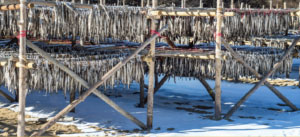
What do we do?
Unfortunately, when it comes to better regulating overfishing, the big solutions will have to come from international collaboration and legislation. However, there are small things you can do that can make a big impact. The first thing you can do is cut seafood out of your diet. As long as there is a demand for fish, commercial fish will supply. Look up plant-based alternatives to your favorite cajun shrimp dish, or swap your tuna sushi dinner for a tofu roll. Eating meat alternatives is also a great way to lower your carbon footprint. Another thing you can do is research which brands and organizations support the commercial fishing industry, and stop supporting them. Lastly, you can sign petitions and contact your representatives with your thoughts on commercial fishing.
Ocean poaching is not a lost cause, the fight is only beginning. Being informed about where your food comes from and sharing your knowledge with friends and family is the first step to raising awareness for the beautiful place so many animals call home.
Plant-Based Meals
Petition
- Petition · We made Seaspiracy. Help us protect 30% of our oceans by 2030 from industrial fishing. · Change.org
- https://www.change.org/p/justin-trudeau-stop-ground-trawling-in-british-columbia?source_location=topic_page
Sources
[1] Facts: Seaspiracy . SEASPIRACY. (n.d.). Retrieved June 1, 2022, from
https://www.seaspiracy.org/facts
[2] Davies, R. W. D., & et al. (2009). Defining and Estimating Global Marine Fisheries Bycatch – WWF. Retrieved June 2, 2022, from https://assets.wwf.org.uk/downloads/bycatch_paper.pdf
[3] staff, S. X. (2016, October 20). Bycatch is the biggest killer of whales. Phys.org. Retrieved June 1, 2022, from https://phys.org/news/2016-10-bycatch-biggest-killer-whales.html
[4] Worm, B. (2016, April 19). Averting a global fisheries disaster | pnas. Retrieved June 2, 2022, from https://www.pnas.org/doi/10.1073/pnas.1604008113
[5] World Wildlife Fund. (n.d.). Sustainable seafood. WWF. Retrieved June 1, 2022, from https://www.worldwildlife.org/industries/sustainable-seafood#:~:text=3%20billion,to%20billions%20of%20people%20worldwide.
[6] Economic impact of U.S. commercial, recreational fishing remains strong. Economic impact of U.S. commercial, recreational fishing remains strong | National Oceanic and Atmospheric Administration. (2018, December 13). Retrieved June 1, 2022, from https://www.noaa.gov/media-release/economic-impact-of-us-commercial-recreational-fishing-remains-strong#:~:text=The%20commercial%20fishing%20and%20seafood,%2461%20billion%20to%20the%20GDP.
